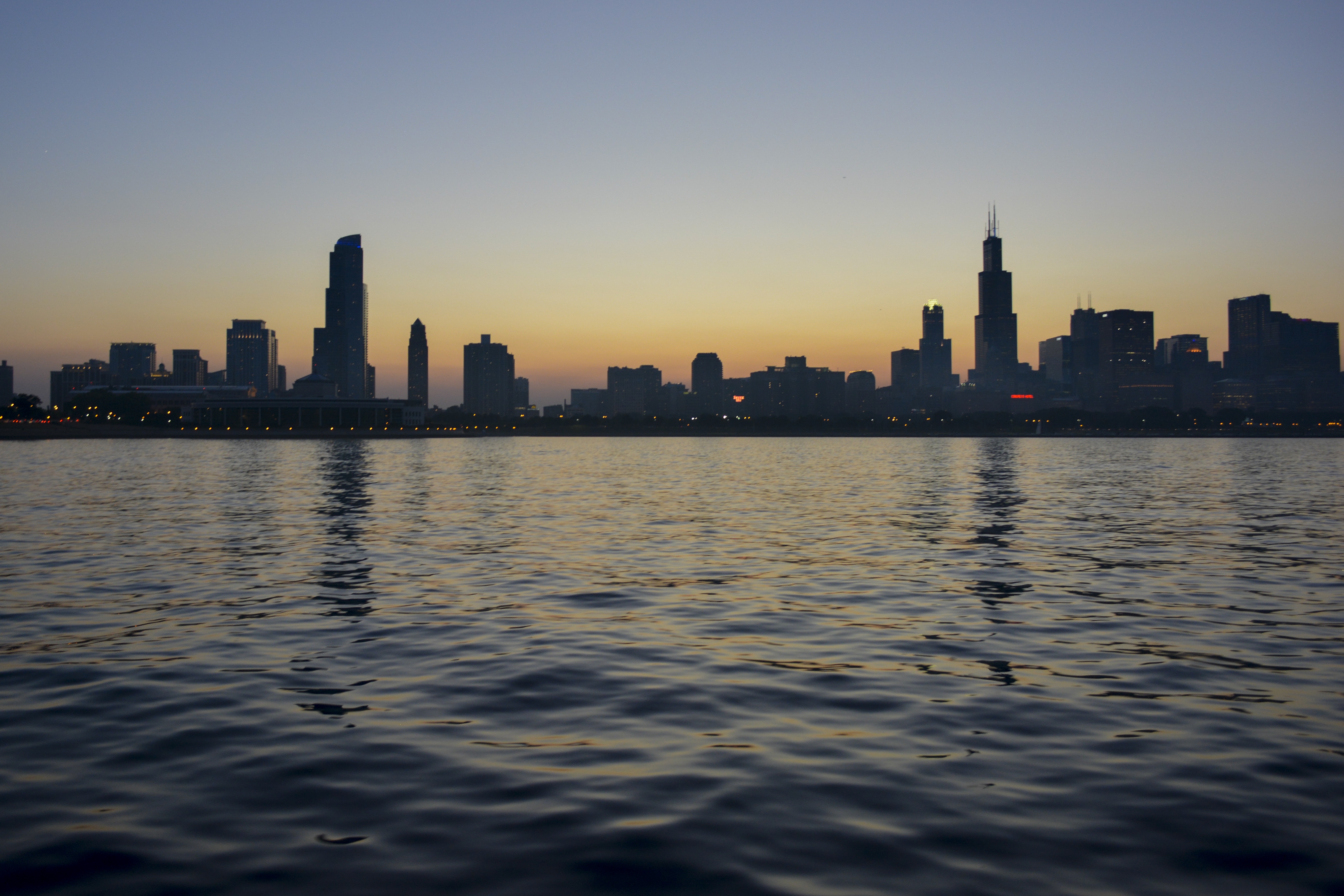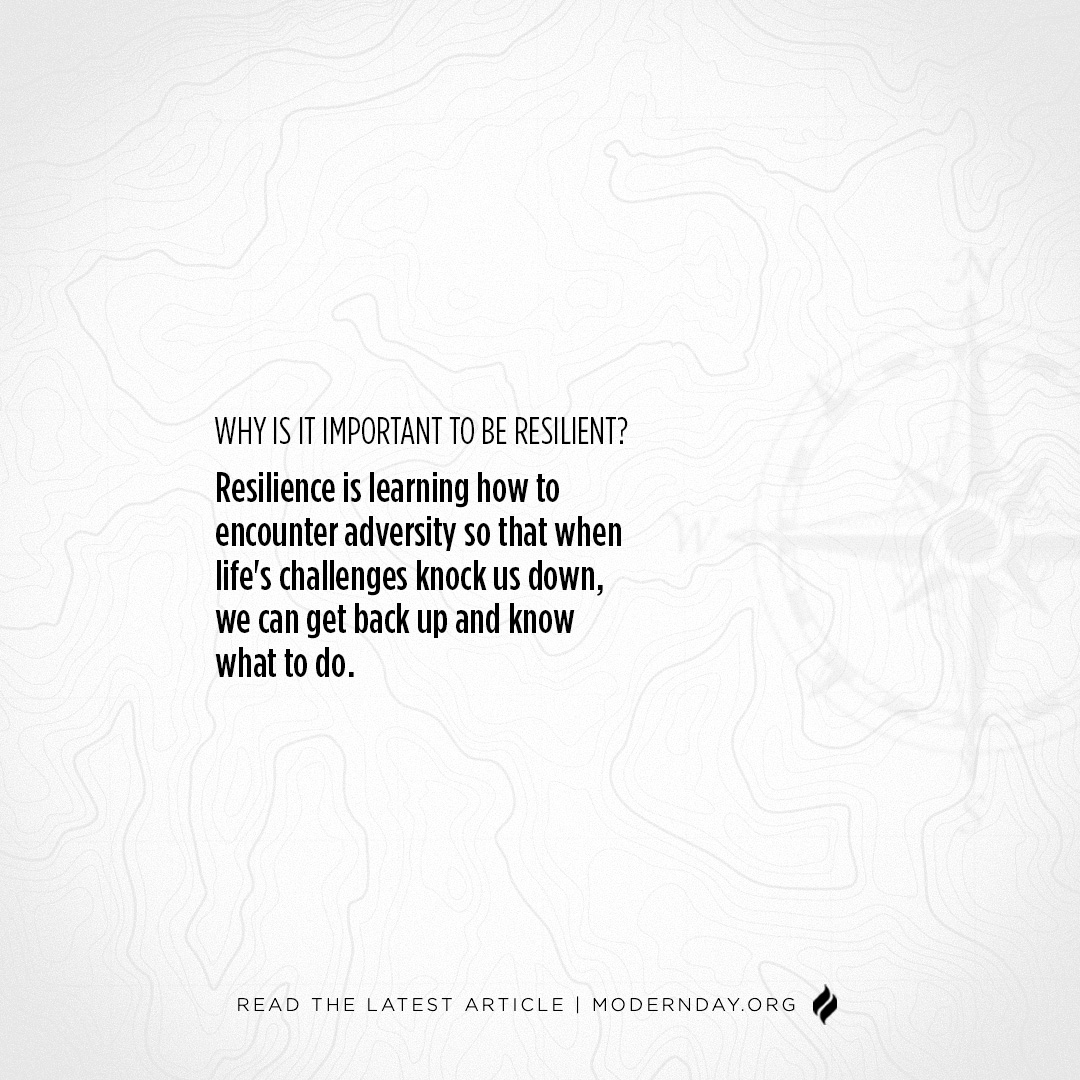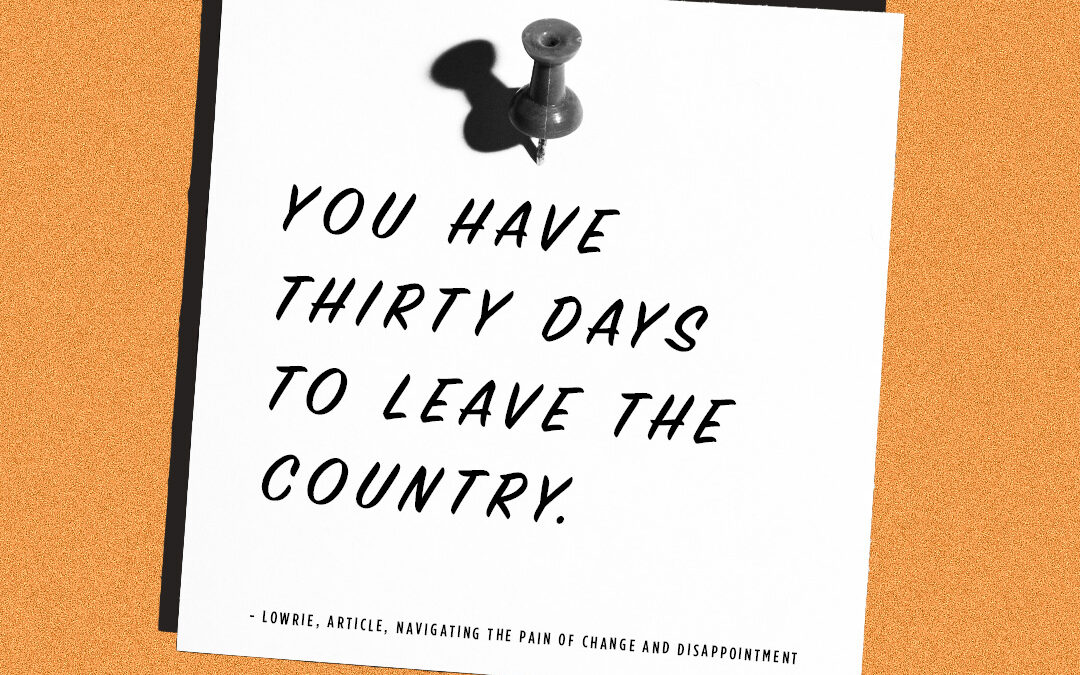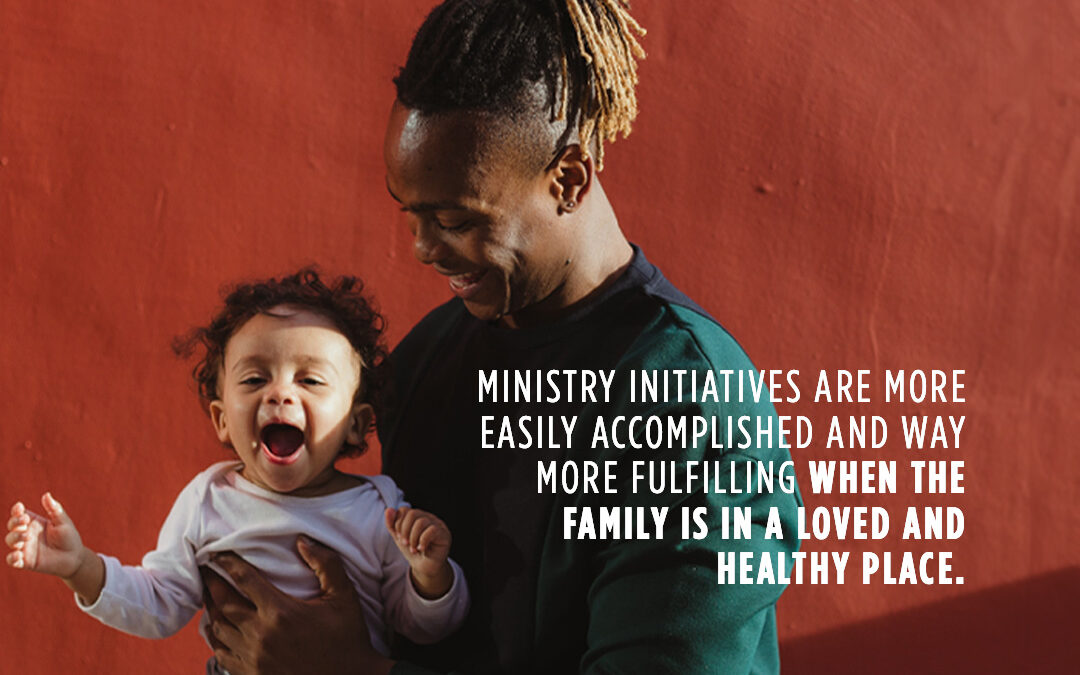I’m one of those that prefer being out in the rugged bush land trouncing in, over, around and through Gods wonderful creation. Most of my missions upbringing was spent in the rural settings of Mexico, Haiti, Ghana, Laos, Cambodia and of course, China. Good friends of mine and missionaries with 30 years of experience in China have even pegged western China as the “Last Frontier”. If you have spent anytime around missions, you have heard the grave stories of eating bugs on sticks, grilled dog or cat and things pulled from the ocean that you can’t readily identify. Yep, it’s one of the great things about missions and one of the things that has endeared itself to me. No, not the nasty food, but rather the rough, rugged, tough settings where missions can take you. It’s where advancing God’s kingdom and adventure meet together and produce unforgettable experiences and memories. It’s a wonderful thing, but there is this one little problem… The world is becoming one HUGE city!
World urbanization is happening and it’s happening quickly. The following statistics are from the “United Nations – World Urbanization Prospects – 2014 Revisions.”
- Globally, more people live in urban areas than in rural areas, with 54% of the world’s population residing in urban areas in 2014. In 1950, 30% of the world’s population was urban, and by 2050, 66% of the world’s population is projected to be urban.
- Close to half of the world’s urban dwellers reside in relatively small settlements of less than 500,000 inhabitants, while only around one in eight live in the 28 mega-cities with more than 10 million inhabitants.
- Today, the most urbanized regions include North America (82% living in urban areas in 2014), Latin America and the Caribbean (80%), and Europe (73%). In contrast, Africa and Asia remain mostly rural, with 40% and 48% of their respective populations living in urban areas. All regions are expected to urbanize further over the coming decades. Africa and Asia are urbanizing faster than the other regions and are projected to become 56 and 64 per cent urban, respectively, by 2050.
You might ask, “So what’s the big deal?” The “big deal” is that God loves people and has called His body (missionaries included) to influence people with their lives as a testimony of Christ. To influence the people, it would seem important to be near the people. Gone are the days where missions was almost entirely trekking the frontier for the lost tribes. Sure, that still exists and is happening with great ferocity, but 2016 is calling for more missionaries to be sent and settle in Urban areas. Places where iPhones, Starbucks and skyscrapers dominate the scenery. Missions all of a sudden looks a lot less like navigating the Amazon jungle and a lot more like navigating the concrete jungle. It’s here folks and it’s here to stay and not just where you would think.
- The continuing urbanization and overall growth of the world’s population is projected to add 2.5 billion people to the urban population by 2050, with nearly 90% of the increase concentrated in Asia and Africa. (United Nations)
Understanding the statistics and where people live, I think it’s pivotal that we as believers respond appropriately. Below is a vital key that must be understood if we want to see the Kingdom advance in all Urban settings.
Churches & Donors must embrace the Urban reality. – It almost seems counter intuitive to send missionaries or your money to a city that already has many churches, Christian radio and maybe even Christian TV. New York city has all the aforementioned components, but I don’t think anyone would argue that a few more healthy churches and missionaries would not be a bad idea for that city. The truth is, in many cases each city needs not more churches, but more healthier churches. We don’t just need more missionaries. We need more missionaries who are dialed into God’s heart and have set their aim on advancing His kingdom and not their own. Every city and urban area could use more healthy churches and more healthy missionaries. One would only need to examine briefly the darkness of any given city and understand this as a fact. In the end, we can’t overlook or be scared to invest our missionaries and our money in growing Urban areas.
God is all about people and the statistics show that worldwide, people are moving to urban areas. My hope and prayer is that as people move, the hearts and money of the church and donors will move with them. The Rural mission field still exists and there are many “last frontiers” that still need exploring with a machete in one hand and a bible in the other. An equal reality is that the Urban mission field is even larger and needs an influx of men an women with an iPhone in one hand, a bible in the other and a heart open to the Lord’s heartbeat. The Lord is concentrating people together, in a way it’s like He is bringing the harvest to the harvester. There is a golden opportunity before us. If we call can come together as the church, the donor, the missionary; I believe a great harvest is ripe for the taking. All for His glory and honor!
Marvin Slaton – Modern Day Director







